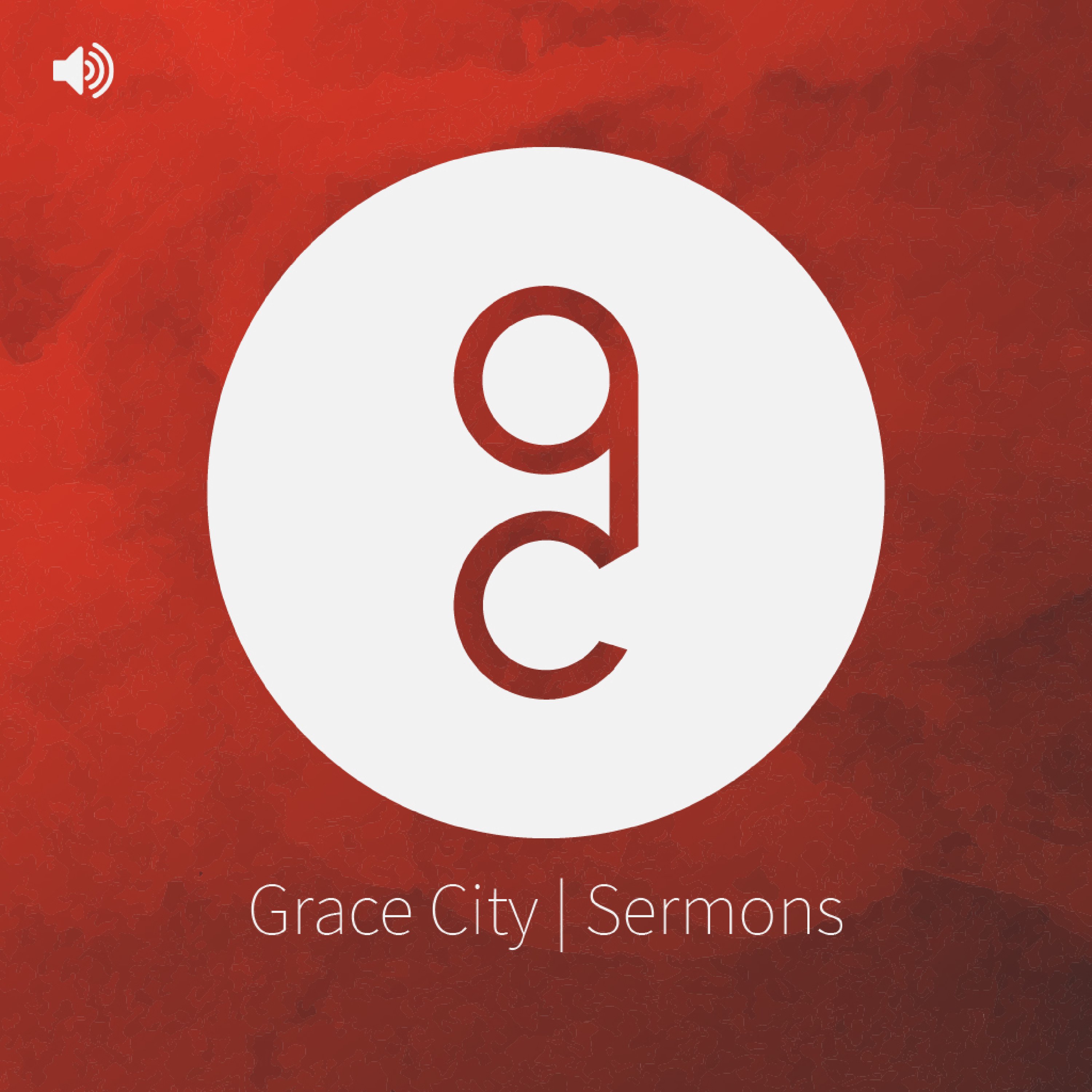
7 Deadly Sins - Greed
Listen to Episode
AI-Generated Summary
Introduction to Greed
Pastor Seth opens the podcast with a warm welcome and introduces the teaching series on the Seven Deadly Sins, emphasizing their impact on personal growth. He articulates the vision of the church for the year centered around measurable spiritual growth and acknowledges sin as a battlefield that disrupts this growth, particularly focusing on greed in this episode.
Scriptural Insights on Greed
The discussion transitions to biblical perspectives on greed, underscoring Jesus's teachings. Seth highlights a parable from Luke 12 about a man who, driven by greed, hoards wealth without regard for his spiritual health. This introduces the idea that greed can lead to spiritual death and emphasizes that people's lives should be aligned with Jesus' teachings, which prioritize being 'rich towards God' over accumulating material wealth.
Cultural Context of Greed
Seth explores how greed is intricately woven into American culture, citing studies showing a shift in priorities among college students from seeking a meaningful philosophy of life to pursuing wealth. He reflects on how greed is not merely a personal flaw but rooted in the broader societal values that prioritize wealth accumulation.
Challenges of Addressing Greed
The episode highlights the difficulty of self-diagnosing greed, as it is often easier to see in others. Seth shares personal anecdotes to illustrate this issue and discusses the cultural narrative that glorifies ambition while cautioning against the pitfalls of greed. He asserts the need for personal responsibility in recognizing and addressing one’s own tendencies toward greed.
Fear and False Fulfillment
Fear is presented as a significant driver of greed. Seth argues that the acknowledgment of mortality leads to a desire to hoard resources as a form of security. Coupled with false treasures, which are temporary material possessions, this results in a misguided belief that fulfillment comes from accumulation rather than generosity and relationships.
The Path Towards Generosity
Seth concludes by emphasizing that true fulfillment comes from a life of generosity, illustrating the freedom found in letting go of greed. He encourages listeners to change their perspective towards wealth, viewing it as a tool for God's work rather than personal security, and to look for ways to express generosity in their daily lives.

